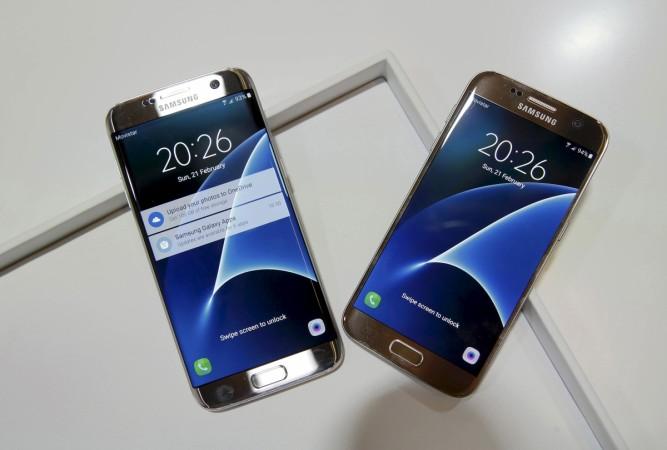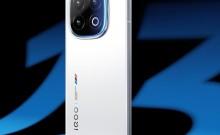
Samsung's next flagship release, the Galaxy S8, is a crucial one as it will be the first major release following the Galaxy Note 7 debacle that defamed the company's branding. If the latest rumour is to be believed, there's one major disappointment with the upcoming Galaxy S8 and Samsung has the most ridiculous excuse for not bringing its best game.
The Investor has reported, citing industry sources, that Samsung wanted to lead innovation by integrating the fingerprint sensor with the screen of the Galaxy S8, but the project reportedly "ran out of time." As a result, Samsung was forced to relocate the fingerprint sensor to the back of the device, right next to the camera module.
The decision was made "at the last minute," the sources said, as the company tried to equip the Galaxy S8 with Synaptics' embedded sensor.
"Samsung poured resources into Synaptics' fledgling technology last year but the results were frustrating. With the production imminent, the company had to decide to relocate the fingerprint scanning home button to the back of the device at the last minute," a source told the Korean publication.
Placing the fingerprint sensor at the back of the phone has its own disadvantages. Users will have to pick up the phone every time to unlock the device and chances of the camera lens getting smudged are extremely high with such placement.
In Samsung's defence, the company might have designed the phone based on the idea that it will integrate the fingerprint sensor under the display, leaving no space for a home button. To avoid further delay in the launch of the phone, it looks like Samsung chose to put the sensor at the back. But this move may not bode well for the company, as some people are already calling it "technological regression," The Investor reported.
On the other hand, Apple might actually be ahead of Samsung in this race as it is planning to use on-screen fingerprint scanning technology in the upcoming iPhone 8 in September this year. Apple is additionally testing a 3D imaging camera for facial recognition, which will boost mobile security.
Besides fingerprint scanner on the Galaxy S8, Samsung might also have advanced facial recognition software and an iris scanner. Based on what we know so far, Samsung Galaxy S8 will have a refreshed design, new Exynos chipset, 12MP dual-pixel camera, USB Type-C port, and a 5.8-inch WQHD display for the standard model and a 6.2-inch screen with the same resolution for the "Plus" variant.
Samsung is betting a whole lot on the success of the Galaxy S8. As a result of the Galaxy Note 7 recalls, Samsung took a whopping $26 billion plunge in its market value and an approximately $3.1 billion loss. The Korean tech titan has a lot of weight on its shoulders with its next flagship release and even a minor misstep can lead to severe criticism.
Samsung is expected to launch the Galaxy S8 on March 29, where we will find out more about how the flagship misses the mark or exceeds everyone's expectations. Stay tuned.














